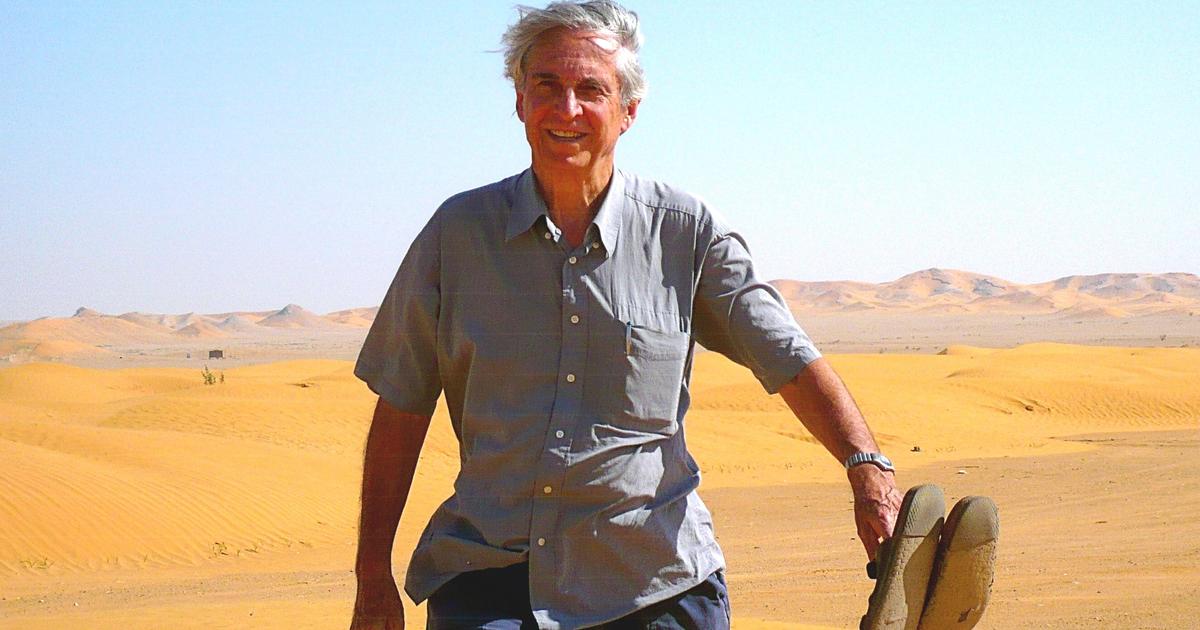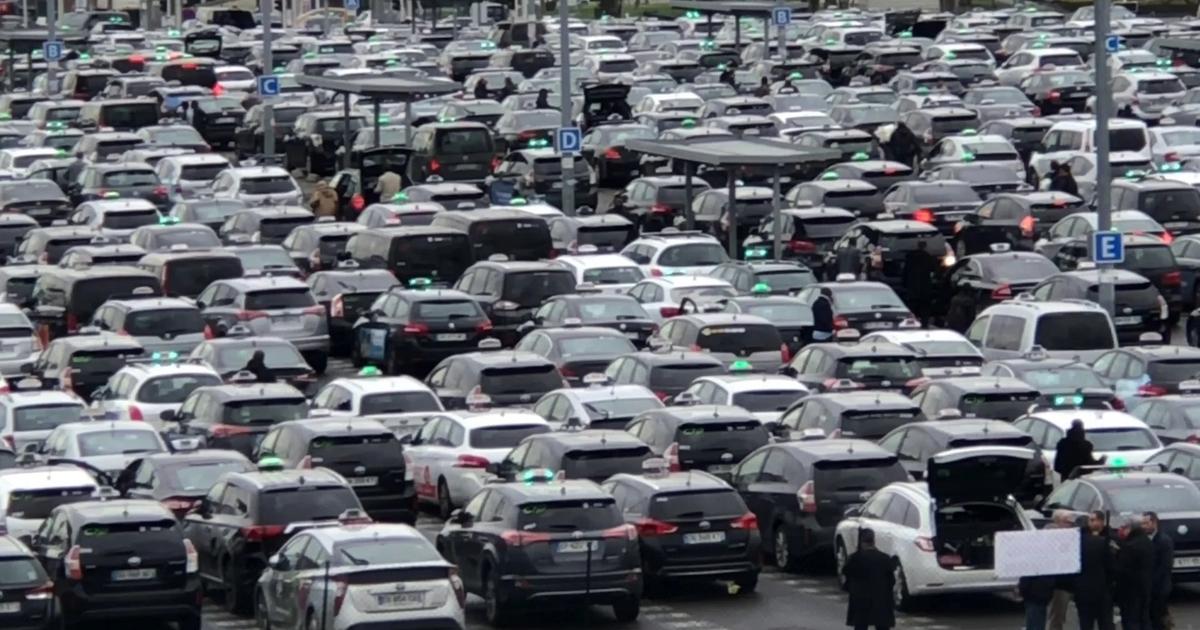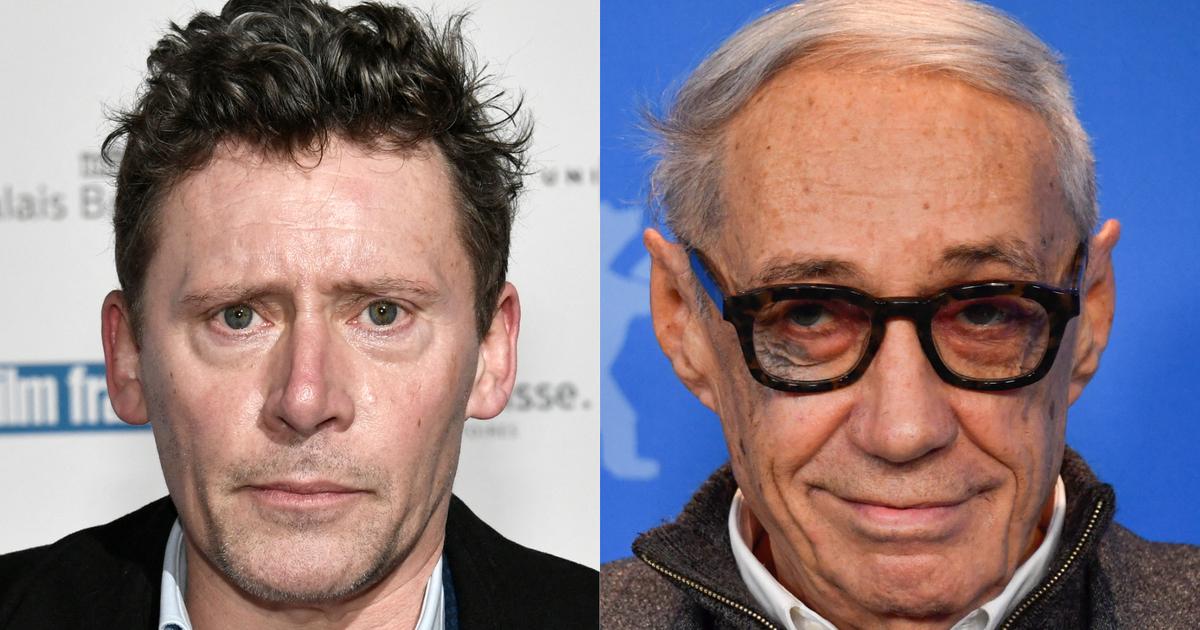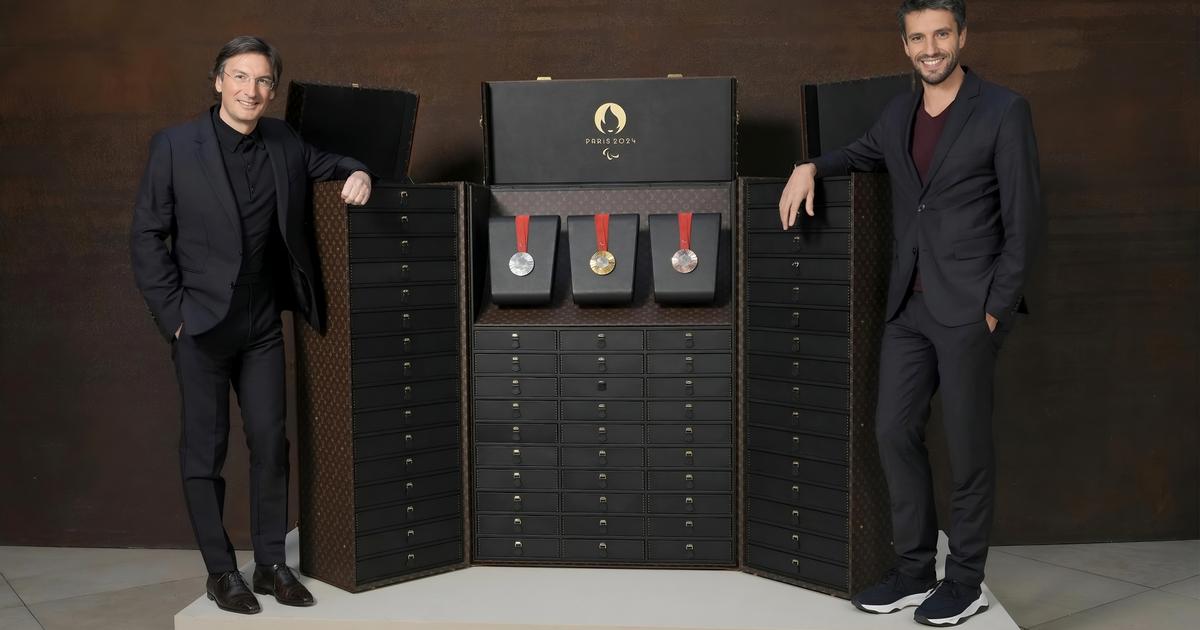“For me, there are three taboo words: hotel, restaurant and taxi.”
This form of mantra, André Brugiroux stuck to it throughout his travels, and especially his first journey, made between 1955 and 1973. 400,000 kilometers, mainly covered by hitchhiking, with a dollar in his pocket a day, that feed his thirst for knowledge.
"I didn't do a world tour, but a men's tour
," says the man, soon to be 85, at
Le Figaro
.
This pressing desire to discover the other encourages him to set off again in 1975. This second trip will last more than 40 years.
In short, an entire life traveling the world.
If André Brugiroux stopped his wanderings in 2019, he still has many memories, but also a title.
He is indeed considered one of the greatest travelers in the world.
In more than sixty years of exploration, this son of an Auvergne peasant has indeed visited all the countries and territories of the globe, 251 according to his total count.
An existence spent on the roads, the seas and the air which inspired him several works, including
A life on the road
(Ed. Georama, 2017) or
The man who wanted to see all the countries of the world
, co-signed with Jérôme Bourgine (Ed. City, 2014).
On the occasion of World Tourism Day, this Tuesday, André Brugiroux agreed to submit to a form of Proust's questionnaire, revised by us.
Read alsoTheir children will lose their sight, these parents choose to take them around the world
LE FIGARO. The main quality to have to travel?
André BRUGIROUX
.
Loving others.
If we go to a country as a conqueror, we will be shot.
If we go there as a tourist, we will be fleeced.
On the other hand, if you go there as a friend, then you will be welcomed there.
Some landscapes stay in my head, but it's the people I met who marked me the most.
The defect to be avoided at all costs?
To think that his country is superior.
Man has ingenuity and genius is everywhere.
Your main character trait?
Insatiable curiosity of mind.
What prompted me to travel was the desire to understand and learn.
I didn't understand what they told me at school.
My head was smoky, now my mind is clear.
Your main flaw?
I would have liked to be more flexible.
I have sometimes regretted not having been more diplomatic.
What I can say may upset some people in spite of myself.
Your favorite occupation while you travel?
Reading.
I read a lot during my travels.
The book that struck me the most was
Bahá'u'lláh and the New Era
by John E. Esslemont.
This book evokes the Baha'i revelation
(Bahaism is a monotheistic religion founded by the Persian Mirza Husayn Ali Nuri, who advocates a spiritual unity of humanity. André Brugiroux is one of its followers - Editor's note)
.
She is unknown to most people in France.
This revelation takes up universal values, such as the commonly accepted one "Love one another".
It calls for the creation of a new man, who will be a being of peace.
Which countries have impressed you the most?
Above all, I would like to say that each country has brought me a lot.
I felt at home everywhere.
But on a personal level, I had two favorite countries: Italy and Quebec.
I could have lived there.
In 2013, André Brugiroux traveled to the Tristan da Cunha archipelago, considered the most isolated archipelago in the world.
André Brugiroux
The most difficult country for you?
USSR.
I've been there six times and this country was a prison.
Each time, I came out of it with great relief.
At the time, I wanted to stay two years in Russia to learn the language well, but they never granted me a visa.
You shouldn't go to countries at war, that goes without saying.
But for me, you have to distinguish the country from the conditions in which it finds itself at a given moment.
Your best travel memory?
It is above all the story of a beautiful encounter.
It was about fifteen years ago.
I wanted to go to Pitcairn Island in the Pacific Ocean, where mutineers from the Bounty settled in the 18th century.
I had tried to get there on a cruise, but I couldn't disembark.
I wrote to an admiral who led the French forces in the Pacific.
The latter made a courtesy visit to the island every year because it is not far from Tahiti.
To my amazement, he replied that he could take me there.
Nevertheless, I had to have the authorization of the Ministry of Defence.
Finally, I could not go there that year.
But the following year it was possible.
I traveled to Pitcairn.
Afterwards, I tried to thank this admiral.
I wrote to him: he had settled in Toulon.
I wanted to send him my book to thank him.
He replied, adding
“And please send me the invoice with the book”
.
I found this sentence magnificent, because it showed the attitude of a great lord.
We wrote to each other.
He then invited me to dinner on a ship with ten other admirals.
He was the kind of character who gave hope in humanity.
Your most distressing memory?
I have some pretty scary ones, like in Venezuela, where the military pointed machine guns at me in the ribs.
They had taken me for a Castroist who had killed a policeman the week before.
But, the most trying memory was in Pakistan where I drank a glass of polluted water.
I lost 12 kilos all of a sudden because I had dysentery.
By the end of the trip, I was exhausted.
At the time, I did not find any medicine when I went to India: it was the early 1970s. Even today, I still have some after-effects.
Your finest achievement?
Hitchhiking in Alaska in -45 degrees for six weeks and not going to a hotel.
It was very risky.
I even made the front page of the local newspapers.
At the time, I didn't always know the seasons when I was traveling.
For example, I traveled through the Australian desert in the middle of summer, under 50 degrees.
André Brugiroux, in Alaska, in 1969. André Brugiroux
Your biggest pain?
I wouldn't say it was a hassle, but it was a very tough moment.
I did a ten day trek in Mustang, Nepal.
This territory, very high up, is generally visited on foot.
I was 68 years old.
I was with a guide and two other much younger people.
They walked faster than me and, in other words, I stuck out my tongue.
The first day, I even had sunstroke.
On the other hand, during the last day, where we walked the longest, I arrived first, because in the end, my body had adapted.
What is the essential instrument to take on a trip?
I would say a mirror, not to admire myself, but to help me shave at the time.
I also had a flashlight, which helped me know where I could put my duvet when it got dark.
The transport you preferred?
Hitchhiking.
Sometimes I waited for three days before a car came to pick me up.
But, that was part of the journey.
I was lucky, I had very few bad encounters.
The first country you visited?
Switzerland.
We were during the war, and my father had to go to Switzerland to get milk, chocolate and meat to feed us.
At the time, the Germans stole all the food.
The last ?
Luxembourg, for a wedding.
It is also the third country I have visited in my life.
Your next trip?
None, I'm not moving.
Your biggest regret?
There is a blank on my card.
These are the Chagos Islands, in the northern Indian Ocean.
I couldn't get there because it's a military zone.
You must have your own sailboat to go there.
After several years of research, I found a sailboat leaving from Mauritius.
He was supposed to take me in 2016, but his deep sea license was canceled that year.
And on my side, I stopped the trip in 2019.
Your travel advice?
It's simple: you have to travel with an open heart.









